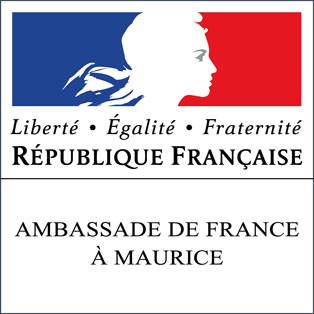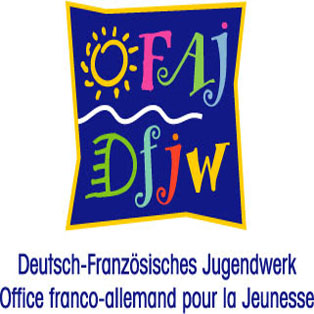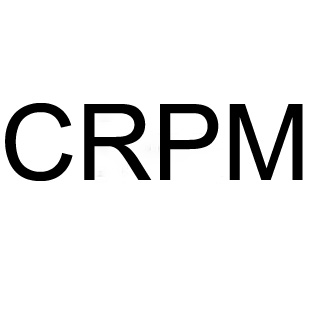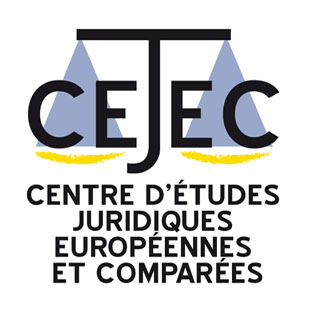“DEVELOPING INTRA-REGIONAL EXCHANGES THROUGH THE ABOLITION OF COMMERCIAL AND TARIFF BARRIERS: MYTH OR REALITY?”
The free movement of goods and services is today a recognised necessary prerequisite for the development of states around the world. The Indian Ocean region has not been excluded. The ambition to create a vast regional market allowing free movement of goods and services was launched by Jacques Chirac at the summit of the Indian Ocean Commission held in 1999 in Reunion Island. This strategic orientation had as objective to support the interregional exchanges amongst the different member States of the Indian Ocean Commission (IOC).
An analysis of the trade balances of these countries shows that the initial objective has not been reached. The exchanges made between member States have developed to a small extent and in fact represent only 3 to 5 % of the total exchanges registered in the region.
Indeed, the Indian Ocean market is subject to very specific restrictions linked namely with its distance from the large markets such as Europe or the United-States and with multiple non-traditional barriers. The latter manifest themselves in the form of regulatory requirements, various administrative formalities. The specific restrictions are also particularly linked with important disparities amongst the relevant States.
ACTBOn one hand, there are the African, Caribbean and Pacific Group of States (ACP) such as Madagascar, Mauritius, the Seychelles or the Comoros Islands and on the other hand there is France. The Reunion Island being a French department has the status of a European Region. Since France and consequently the Reunion Island are part of the European region, the creation of a free trade area amongst these countries is prone to render them accessible to Europe and introduces a number of substantial political and legal obstacles.
These obstacles are moreover sensitive ones to overcome since the ACP countries have concluded specific agreements with the European Union to the extent that exportations of ACP countries often clash with technical regulations and standards created by member States of the European Union as well as directives and decisions issued by the European Union on goods and services.
If some Technical Barriers to Trade such as for example regulations aiming at the protection of consumers and the application of intellectual property rights are necessary and have a positive effect on exchanges by improving the quality of products as well as consumer trust, they can also sometimes establish protectionist measures and slow down trade exchanges.
In this very particular context, is the ambition expressed by member States of the IOC realist and feasible? How can such a market be promoted in countries which have different levels of development and unequal trade organizations and where the legal frameworks are so different?
Hence, the purpose of this international workshop is centered on the development of intra-regional exchanges in the Indian Ocean region.
In fact, the objective of this international workshop is to address this question from a political, economic and legal perspective whilst integrating the institutional actors such as the Indian Ocean Commission, the European Union, the Permanent Court of Arbitration and the World Trade Organisation Chairs Programme.
It aims at establishing an overview of existing obstacles, including economic, customs, technical, legal and cultural ones. Furthermore, it aims at examining from different perspectives and from a multidisciplinary approach the implications and necessary conditions for the improvement of the functioning of the regional market through the abolition, or at least limitation, of commercial and tariff barriers in the Indian Ocean region.







